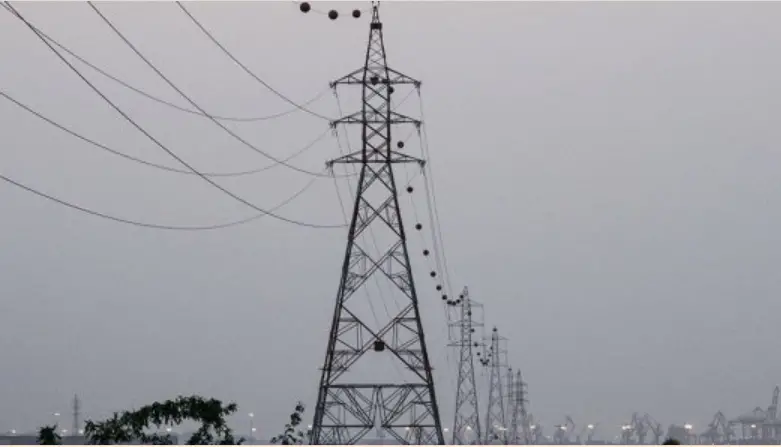The World Bank‘s Board of Executive Directors has approved US$ 55M for the implementation of the Second Djibouti-Power System Interconnection Project which intends to strengthen regional connectivity between Ethiopia and Djibouti by improving low-cost and clean power transmission.
The monies will particularly help fund the building of a second double-circuit high voltage energy power transmission line that will connect the high voltage substation at Galafi, near the Ethiopian border, to the Nagad substation at Djibouti-Ville. This new power line will assist to stabilize power flows and improve system reliability.
Projected benefits of the Djibouti-Power System Interconnection Project
According to Boubacar-Sid Barry, World Bank Resident Representative in Djibouti, improving electricity interconnections is especially crucial for boosting equitable growth, job creation, and the transition to a green economy. The new project will improve people’s lives while also reducing climate change by boosting access to cheaper and cleaner energy.
Also owing to the Djibouti-Power System Interconnection Project, Djibouti will profit from Ethiopia’s renewable energy surplus by boosting power exchange capacity between the two nations, lowering the cost of thermal generation and its reliance on fossil fuels. Over time, the project will allow Djibouti to create and export excess renewable energy within the area, including solar and wind power, bolstering the country’s status as a regional commerce gateway.
Also Read: First of 17 turbines for Ghoubet wind power plant in Djibouti installed
The initiative is also anticipated to help establish a more resilient and affluent area by improving cross-border connections, as well as attract private-sector investments, and provide new employment and economic possibilities, particularly for women.

Leave a Reply